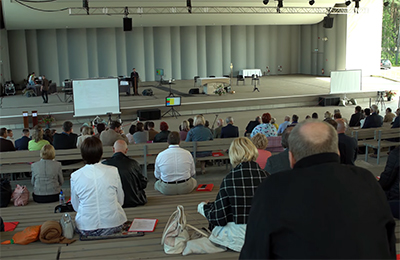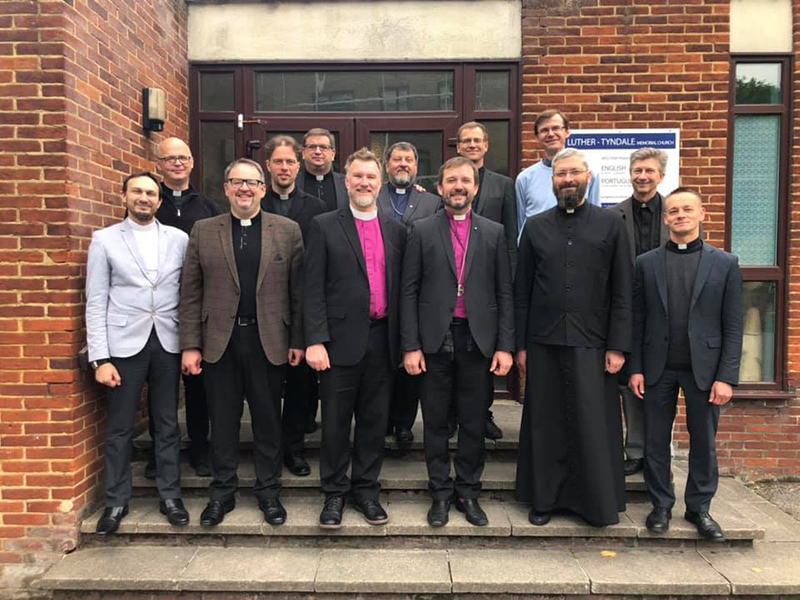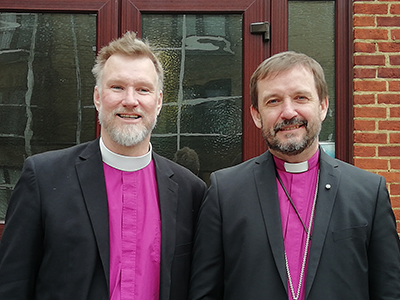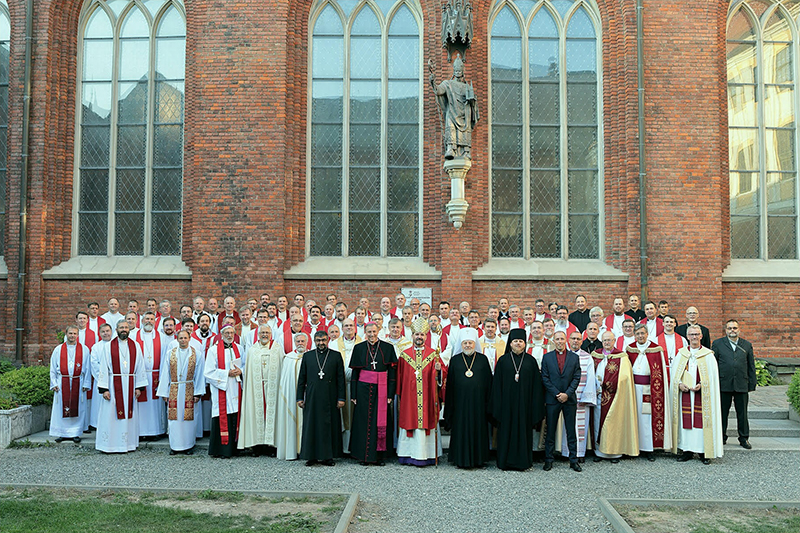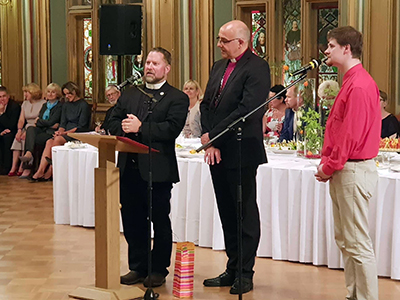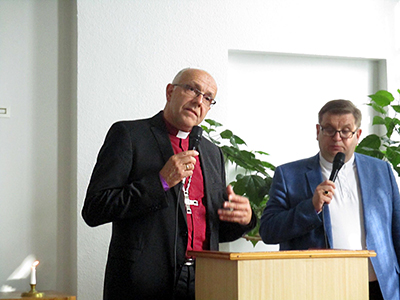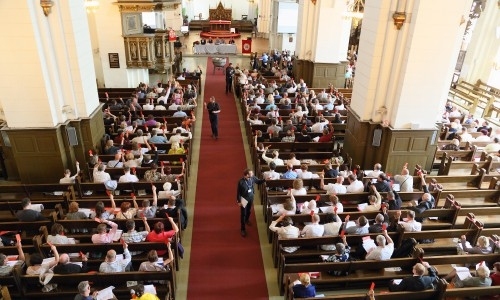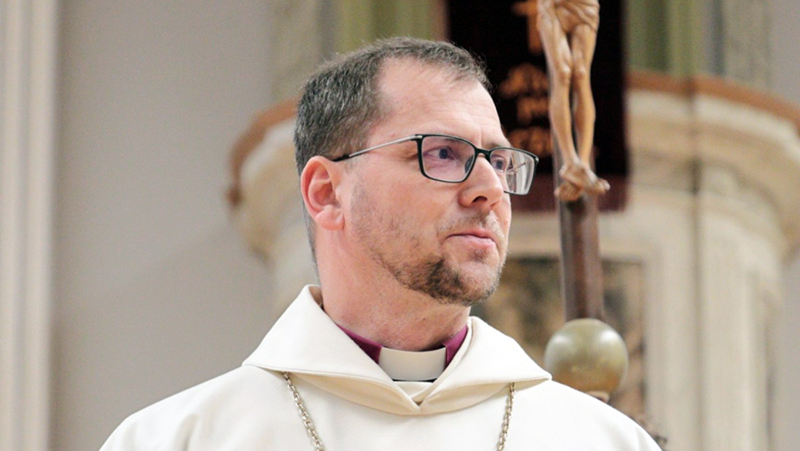
LATVIA – On June 7, the Evangelical Lutheran Church of Latvia (Latvijas Evaņģēliski luteriskā baznīca – LELB) elected Bishop Rinalds Grants to serve as its new archbishop. The election took place during the LELB’s 30th Synod, which was held June 6-7 in Riga.
At the time of his election, Bishop Grants was serving as Auxiliary Bishop of Riga. Two candidates for archbishop were put forward for consideration at the synod, with Bishop Grants receiving 161 votes and Dean Dzintars Laugalis receiving 152 (five additional votes declined both candidates).
Bishop Grants holds a Bachelor of Law degree from the Latvian Police Academy and a Master of Theology degree from the University of Latvia. He received his pastoral education through Luther Academy, an educational institute of the LELB. Bishop Grants has served as a pastor with St. Gertrude Church in Riga since 2000. In 2017, he became the Vice-Rector of Luther Academy, and in 2022, he was consecrated as a bishop.
Bishop Grants will succeed Archbishop Jānis Vanags, who had previously announced his decision to retire. In the Latvian church, the archbishop is permitted to retire at the age of 65 and must retire by the age of 70 (Archbishop Vanags is 67).
“I offer my congratulations to Bishop Grants on his election as the next archbishop of Latvia, and I look forward to working with him,” said Rev. Dr. Klaus Detlev Schulz, General Secretary of the International Lutheran Council (ILC). “I also want to thank Archbishop Vanags for his long service to the church. May God continue to bless the LELB as it offers Christ and His mercy to the people of Latvia.”

Archbishop Vanags became archbishop of the Latvian church in 1993. Among other notable events, his tenure saw the LELB enter into fellowship with The Lutheran Church—Missouri Synod in 2001; reinstate male-only ordination in 2016; and enter into membership in the ILC in 2022, first as an observer and then as a full member.
Archbishop Vanags will continue to serve until August 29—thirty-two years to the day since his consecration as archbishop. Bishop Grants will be installed as archbishop the following day on August 30.
In addition to the election, the LELB’s 30th Synod in Riga discussed issues related to church governance and ministry, and adopted new church regulations.
The Evangelical Lutheran Church of Latvia is a member church of the International Lutheran Council, a global association of confessional Lutheran churches which proclaim the Gospel of Jesus Christ, grounded in the authority of Scripture and the Lutheran Confessions.
———————

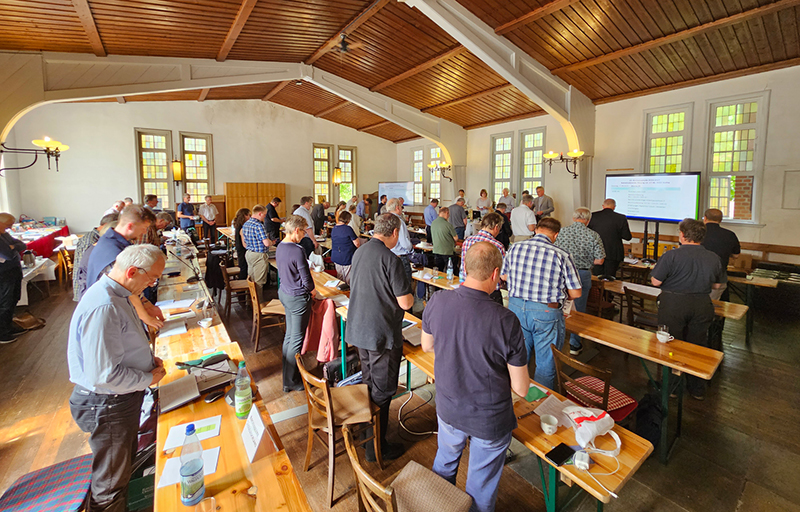
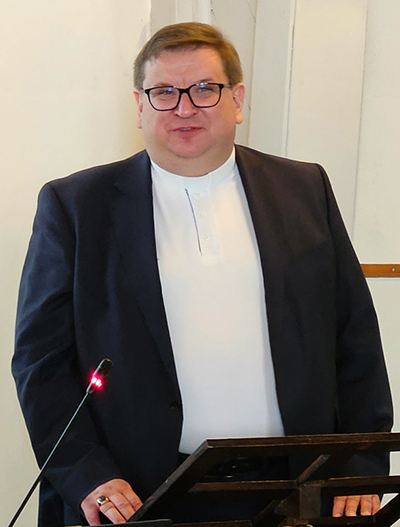
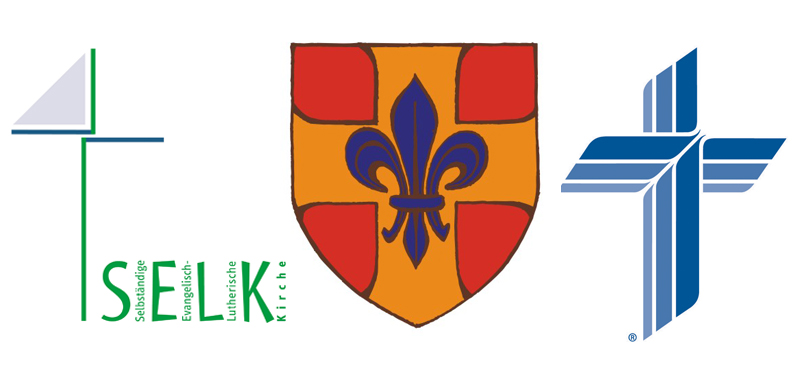
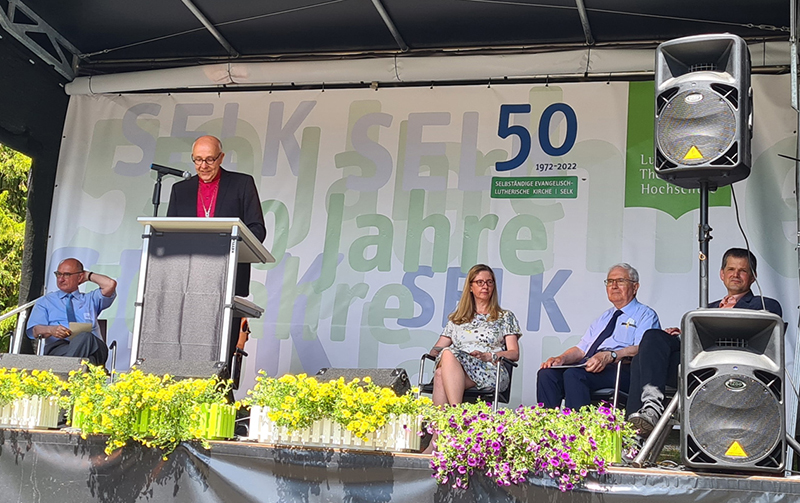
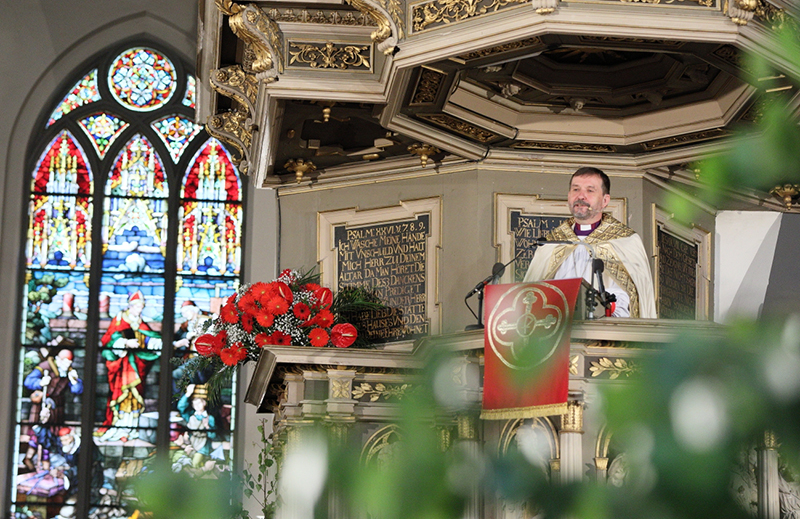
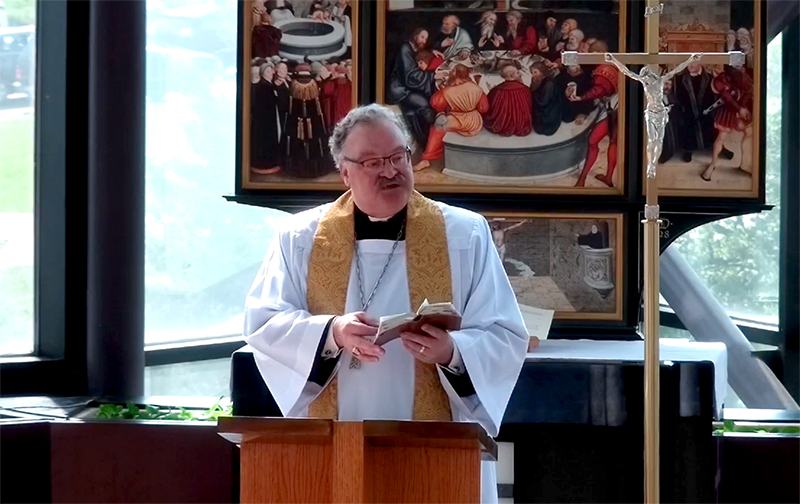
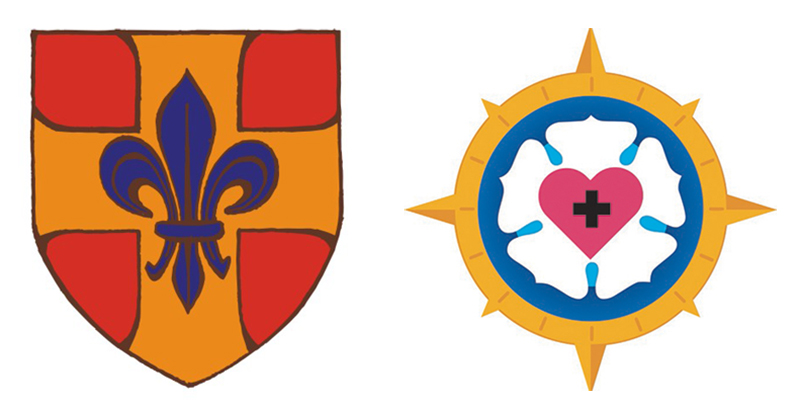
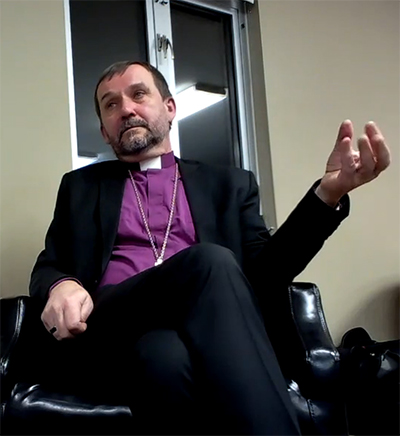
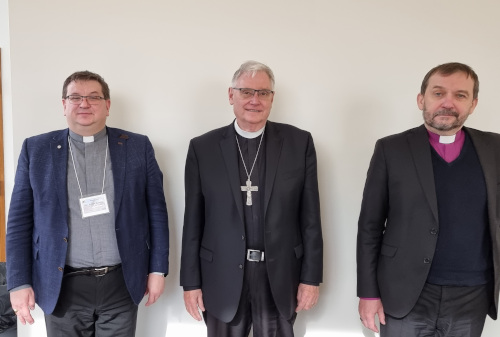
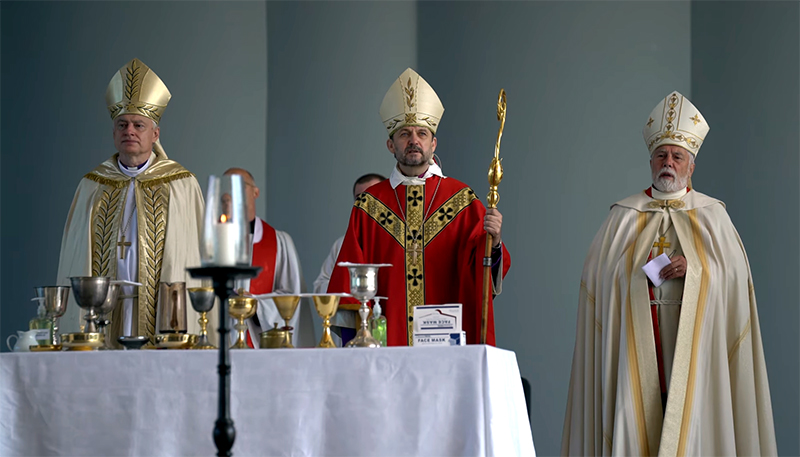
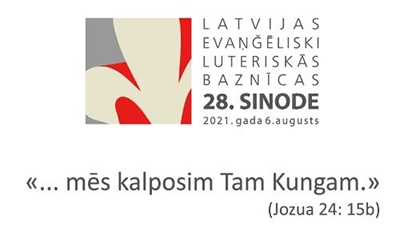 “We are delighted to learn that the Latvian church has voted to seek membership in the International Lutheran Council,” said ILC General Secretary Timothy Quill. “The LELB has a long, fruitful, and harmonious relationship with many of the churches who are members of the ILC. We know each other well and are of like mind and heart in Lutheran doctrine and practice.”
“We are delighted to learn that the Latvian church has voted to seek membership in the International Lutheran Council,” said ILC General Secretary Timothy Quill. “The LELB has a long, fruitful, and harmonious relationship with many of the churches who are members of the ILC. We know each other well and are of like mind and heart in Lutheran doctrine and practice.”